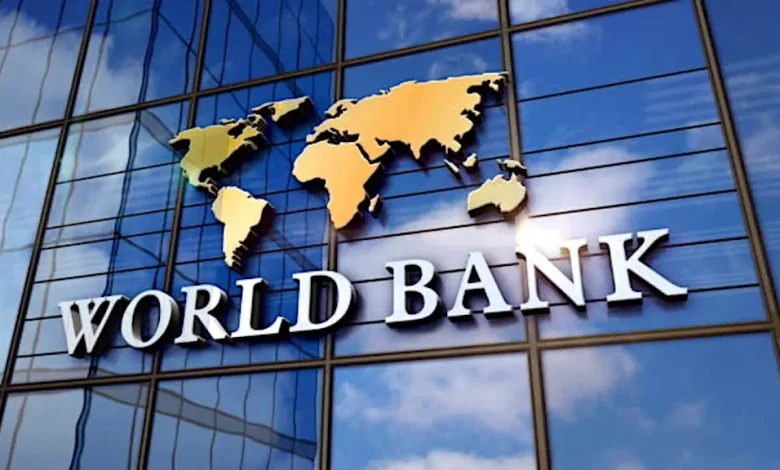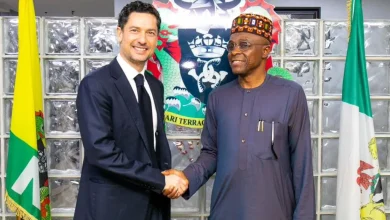
The World Bank has warned that Nigeria and other developing economies could take as long as 20 years to fully recover from the economic setbacks inflicted by the COVID-19 pandemic.
This stark projection was made by Indermit Gill, the Senior Vice President and Chief Economist of the World Bank Group, in the latest edition of the Global Economic Prospects, the Bank’s biannual economic forecast.
According to the report, the global economic outlook has dimmed further, with the World Bank cutting its global growth forecast for 2025 by 0.4 percentage points to 2.3%. The slowdown is attributed to rising tariffs and deepening global uncertainty, both of which are dampening growth prospects across nearly all regions.
Gill noted that while high-income nations are expected to recover their lost ground by 2027 with per capita GDP returning to pre-pandemic projections developing economies like Nigeria will still be lagging, with average per capita incomes six percent below what was forecast before the COVID crisis.
“By 2027, the per capita GDP of high-income economies will be roughly where it had been expected to be before the COVID-19 pandemic,” said Gill. “But developing economies would be worse off, with per capita GDP levels six percent lower. Except for China, it could take these economies about two decades to recoup the economic losses of the 2020s.”
He further stressed that this grim reality didn’t emerge unexpectedly. Instead, it reflects a three-decade downward trend in growth among developing countries. Average GDP growth fell from 5.9% in the 2000s, to 5.1% in the 2010s, and has now dropped to 3.7% in the 2020s. This decline mirrors a similar slump in global trade growth, which has decreased from 5.1% in the 2000s to just 2.6% in the current decade.
At the same time, investment levels are weakening, while debt burdens in low- and middle-income countries continue to climb creating an unsustainable fiscal path.
To reverse this trend, Gill called for renewed efforts to strengthen trade ties, particularly among developing economies. He urged nations to reduce trade barriers and participate more actively in rule-based global trade systems.
“The evidence is clear: economic cooperation is better than any of the alternatives for all parties,” he said. “If today’s trade disputes were resolved and tariffs halved from their levels as of late May 2025, global growth could strengthen by around 0.2 percentage points over 2025 and 2026.”
Gill argued that developing economies, which often maintain higher tariffs than their developed counterparts, could benefit substantially from reducing trade restrictions and pursuing “deep trade agreements” pacts that go beyond tariffs to align regulatory policies across borders.
He also emphasized the importance of restoring fiscal stability, noting that fiscal deficits in developing nations have averaged close to 6% in the 2020s the highest this century.
For low-income countries, the situation is worsened by declining levels of foreign aid, which historically funded essential services like health care. Over half of these countries are now either in debt distress or on the brink of it, he warned.
Gill urged these countries to work towards expanding their fiscal space through better revenue mobilization, prudent borrowing, and improved public financial management.
In his final remarks, Gill raised concern over a looming demographic challenge: the rapid expansion of the working-age population, particularly in Sub-Saharan Africa.
“By 2050, Sub-Saharan Africa’s working-age population is projected to increase by more than 600 million people the largest such increase any region has ever seen over a 25-year span,” he said.
By comparison, South Asia will add around 300 million to its labor force, and the Middle East and North Africa approximately 100 million.
Gill warned that how these regions manage this demographic boom will significantly impact not only their own prosperity, but also global peace and economic stability.





